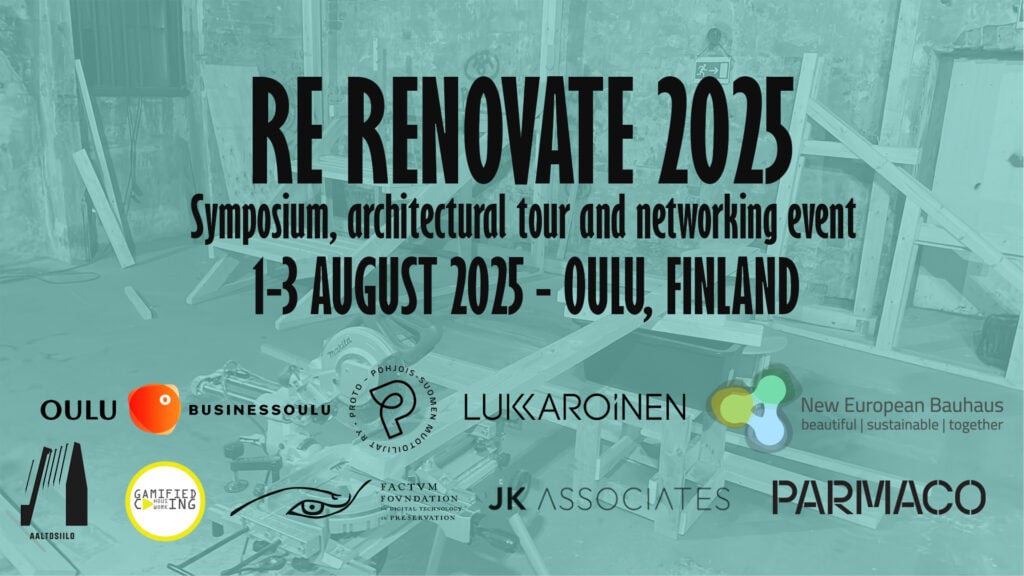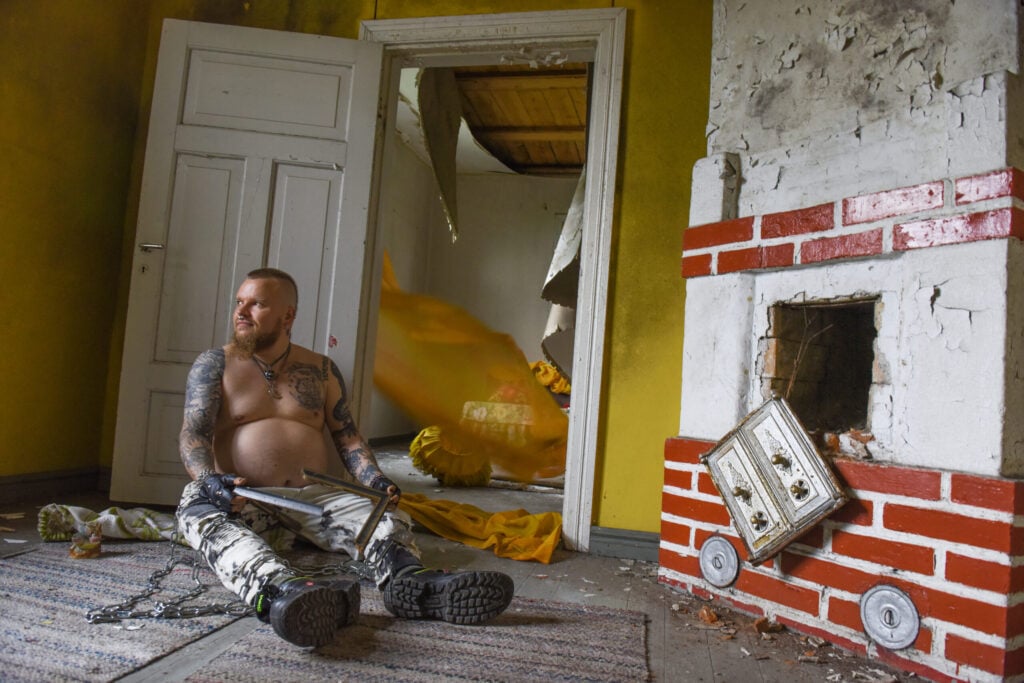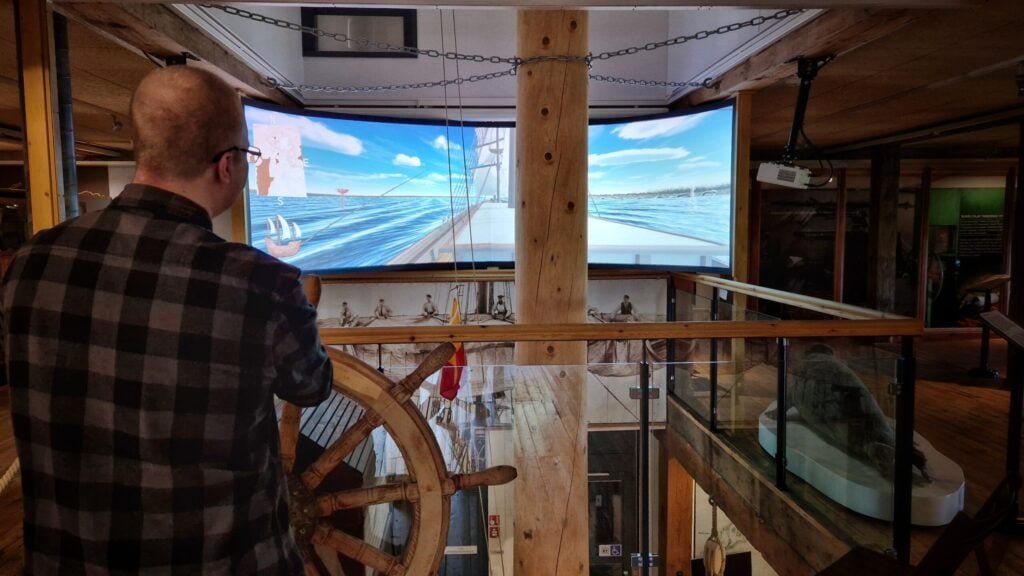
Graz, a city in South-East Austria with a population of around 300 000, was the European Capital of Culture (ECoC) in 2003. Graz has been a cultural town for hundreds of years, one contributing factor for this being the fact that it was on two occasions the political center of Inner Austria during the Habsburg reign. Notable cultural institutions of Graz include the town theater, the opera house and the largest regional museum in Austria. In addition, the city hosts numerous small theaters, contemporary art galleries and independent art production centers. Particularly renowned as a center for avant-garde culture for several decades is the Forum Stadtpark, which is an arts production and exhibition center created by artists in the 1960s. Worth mentioning is also the Steirischer Herbst, which is a cross-sector international avant-garde festival that has attracted visitors from around the world for over 30 years. Graz also enjoys a reputation as a student city, as it hosts the Karl-Franzens-University, founded in 1585, the technical university, the arts university and the pedagogic Institute, which together host around 37 000 students.
Graz’s culture project included around 6000 events and attracted 2 755 271 visitors, which exceeded all their expectations. During the first ten months of the year accommodation providers in Graz registered 728 473 overnight stays, which represented an increase of 24,8% in comparison to 2002. This was a new tourism record for Graz. At the same time other Austrian cities, such as Vienna, Salzburg, Linz or Innsbruck achieved only small increases or even suffered setbacks. The increase in tourism in Graz was not limited to the title year, as the number of overnight stays in 2004 and 2005 surpassed the 2002 figures, which were the highest ever recorded in Graz prior to 2003.
The ECoC’s total expenditure was 58,6 million euros between 1999-2004, of which 18,2 million was invested by the city of Graz. The Province of Styria contributed with 19M€, the Republic of Austria with 15,5M€, and the EU with 0,5M€. The remaining 6,4 million euros came pretty much half and half from sponsoring and receipts. The project was a financial success as it is estimated that the ECoC generated around 80 million euros for Graz, a profit of over 20 million euros to the total investments and over four times the amount the city itself invested into the project. Furthermore, it is estimated that the ECoC created or secured employment for over 1500 people.
References



